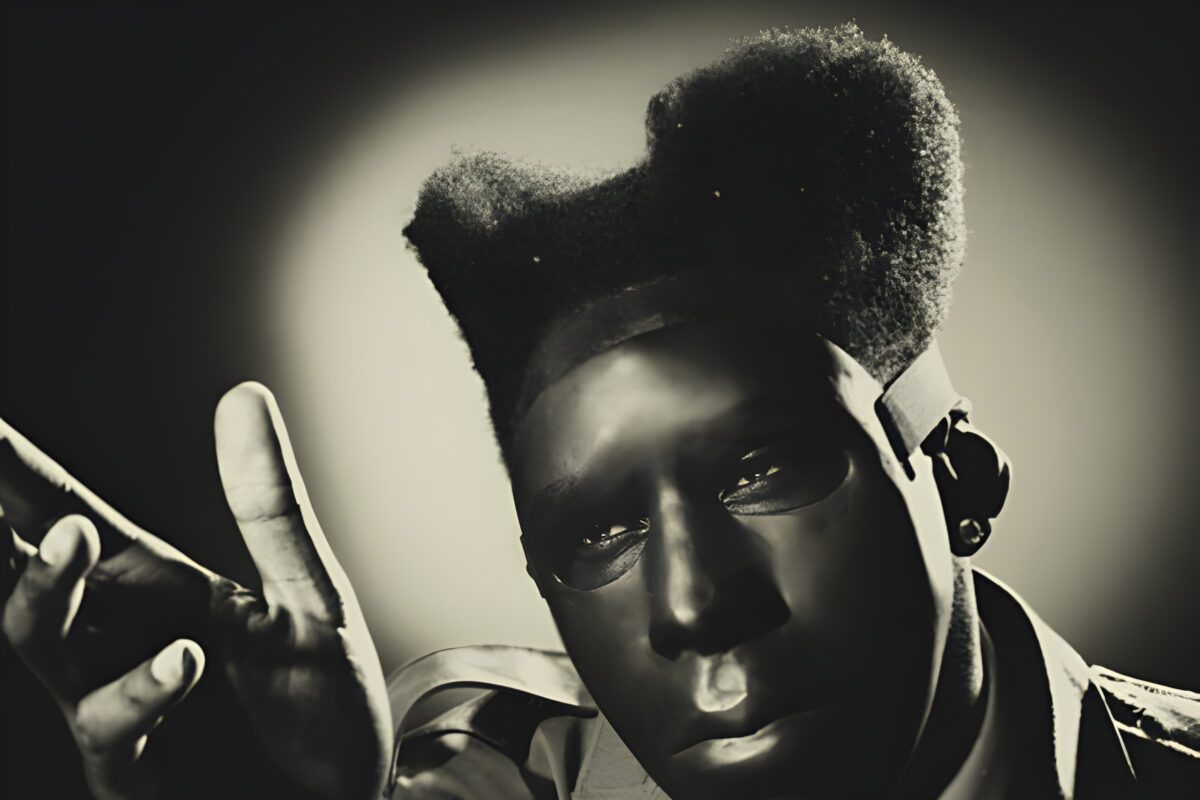Released: 2024
In “I Killed You,” Tyler, The Creator crafts a metaphorical exploration of self-identity, societal pressure, and cultural beauty standards, particularly around African American hair. The lyrics convey the internal and external struggles associated with conforming to these expectations, encapsulating feelings of loss and disconnection from one’s roots and authentic self. Throughout the song, Tyler discusses the pressure to change natural hair to fit a perceived standard, weaving in themes of regret and cultural criticism.
The song opens with a hook that paints a vivid picture of various hairstyles, such as “hot comb,” “blowout,” and “360 waves,” signifying the ongoing process and maintenance involved. These styles “go ’round and ’round,” indicating a cycle of endless transformation and effort that is both physically and metaphorically draining. The repetition reflects how these styles become a norm that spins in the lives of those adhering to such beauty standards.
In the first verse, Tyler admits to having “killed” the natural beauty by succumbing to external expectations. The lines “I gotta work, I gotta eat” illustrate the necessity of survival, sometimes at the cost of personal authenticity. The phrase “If they see you on top of me, I gotta leave” indicates a feeling of shame or rejection associated with being natural in a society that prioritizes a different aesthetic.
The refrain “bitch, I killed you” underscores the emotional intensity of having suppressed one’s natural hair texture in favor of socially acceptable styles. Tyler’s introspective acknowledgment of the beauty in natural hair reveals his internal conflict and highlights the social stigma associated with natural textures.
Tyler poetically examines historical aspects and beauty rituals, reminiscing about the simplicity and natural state of hair using “berries and oils” before revealing that “the coils and kinks became an issue.” The nostalgia here brings attention to the historical pride of natural hair before societal pressure began its imposition.
The lyrics reference the damaging practices like “Jheris and Mimis”—likely alluding to chemical straightening processes such as Jheri curls and perms—and how they “burnt” and “cut” natural hair, further alienating individuals from their true selves. The internal struggle Tyler discusses suggests a critique of these conformist pressures.
In the subsequent verses, the lines “Aunties, grandmas, sisters, mamas…Uncles, daddies, brothers, sons” acknowledge that these cultural practices and expectations are pervasive across genders and generations. It’s a poignant commentary on how ingrained and widespread the denial of natural beauty has been within families and communities.
“We don’t got advantages, we don’t match the energy,” captures the idea of systemic barriers faced by those with natural hair textures, with a sense of needing to “kill” that identity to assimilate and advance in a world where their beauty is not appreciated. This stanza resonates with a broader theme of how society imposes ideals that are challenging to maintain and often result in a sense of identity loss.
In the closing sections, Tyler repeats “Just as beautiful,” an assertion meant to re-affirm the natural state as beautiful despite societal pressures to alter it. The outro contrasts earlier self-recrimination, now signaling a reclamation of identity and acceptance. Tyler recognizes the resilience and beauty of natural hair, inviting a collective understanding that societal norms do not define beauty.
In essence, “I Killed You” serves as both an apology and an acknowledgment of the harm done by adhering to oppressive beauty standards. Tyler, The Creator utilizes this track to discuss the broader implications of these standards within African American culture, ultimately advocating for the appreciation of natural beauty. Through vivid storytelling and a reflective tone, he opens up a necessary dialogue on identity and authenticity.








